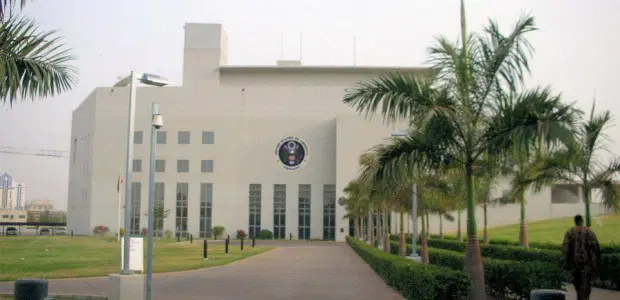Indonesia has rejected Apple’s $100 million investment proposal, deeming it insufficient to meet the country’s 40% local content requirement for smartphones.
The ban on iPhone 16 sales, implemented in November, is part of a policy aimed at boosting domestic manufacturing and supply chains.
Industry Minister, Agus Gumiwang Kartasasmita confirmed the decision during a press briefing, emphasizing Indonesia’s commitment to supporting local industries on Monday.
“We have done an assessment, and this proposal does not meet principles of fairness,” Agus said, referencing the significantly larger investments Apple has made in neighboring countries like Vietnam and Thailand.
Apple, which currently lacks manufacturing facilities in Indonesia, has not yet issued a statement regarding the rejection.
Since 2018, Apple has operated application developer academies in Indonesia, which previously helped satisfy local content requirements for older iPhone models. However, authorities now seem to be pushing for greater commitments to hardware production and local sourcing.
Indonesia’s strict local content policies also affect other tech giants, with Google’s Pixel phones similarly banned from sale for non-compliance with these regulations.
Apple’s $100 million proposal reportedly included plans to build a facility for producing accessories and components, but Indonesian officials deemed it insufficient.
Kartasasmita highlighted that Apple still has an unmet $10 million investment commitment due before 2023.
He also stated that Indonesia expects any new investment commitments to extend through 2026.
The government remains open to dialogue, with Industry Kartasasmita confirming plans to invite Apple for further negotiations.
He emphasized the importance of aligning investments with Indonesia’s goals of fostering local industrial growth and ensuring equitable terms.
Indonesia’s insistence on local manufacturing reflects a broader regional trend as Southeast Asian countries vie for global tech investments.
Vietnam, for example, has become a vital hub in Apple’s supply chain, hosting factories that produce components and assemble devices.
The dispute highlights the growing tension between global tech giants and emerging economies prioritizing domestic industry development.











